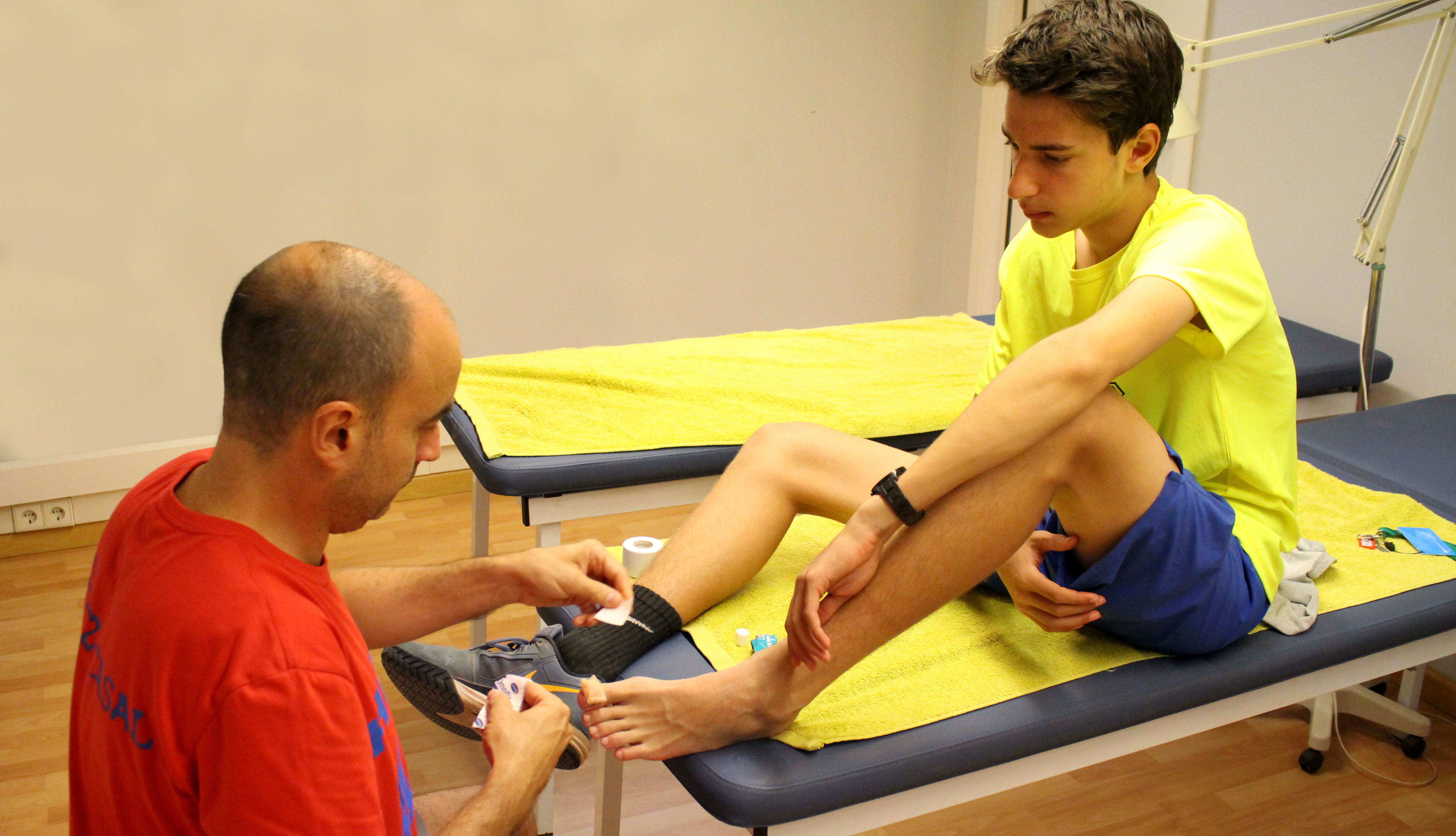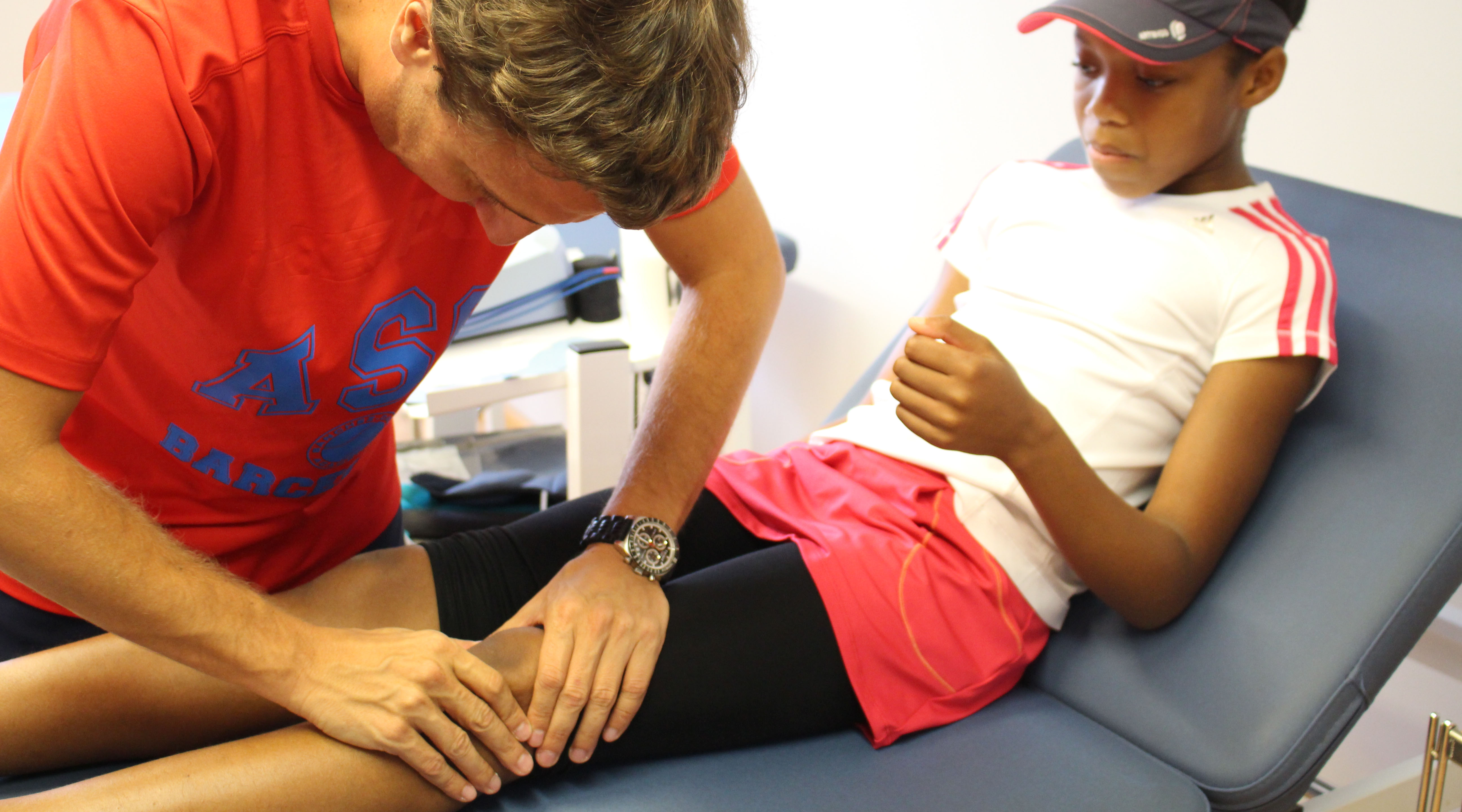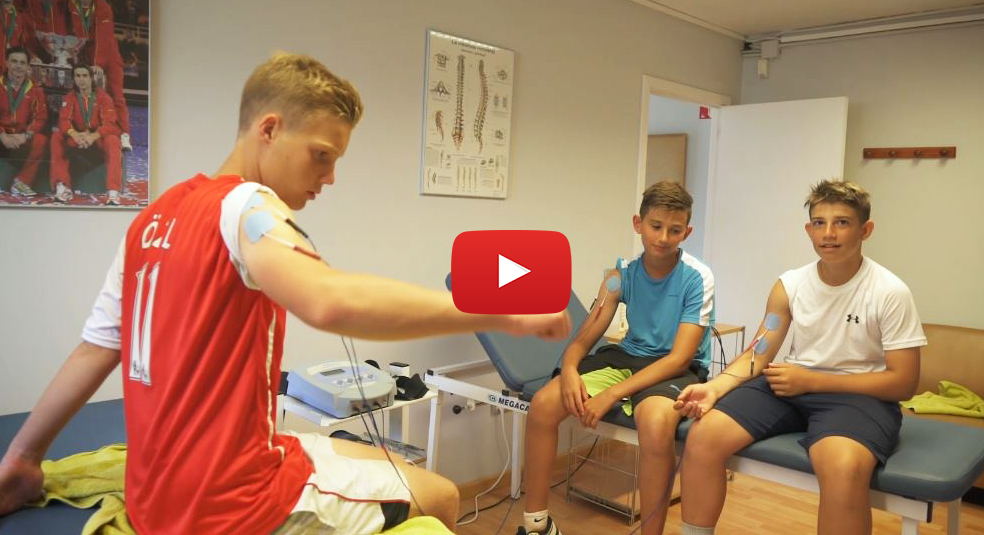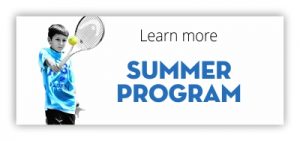
By Aleix Borrás and Nacho Quixano, Physiotherapists at Sánchez-Casal Academy, Barcelona
The 2018 season has started with a somewhat disheartening array of injuries among the top players. Murray has not been able to play since sustaining a hip injury at Wimbledon. Djokovic has had continued problems with his elbow in Australia, after having already spent a number of months off the courts. Rafa Nadal was forced to retire from the Australian Open after battling muscular problems during a match against Cilic. And they aren’t the only ones. During 2017, Wawrinka, Nishikori and Raonic have also suffered from different injuries.
A question to consider is, are injuries inevitable for professional tennis players? Do tennis players get injured more often now than they did some years ago? There are several reasons why this might indeed be the case: the current style of playing is faster and much more intense; the schedules are long and very demanding; and tennis players extend their careers for more years than they used to.
The truth is that injuries are an almost an inevitability for the professional athlete. This is why working on prevention is so important. Young athletes should be educated on the issue and be aware that preventing injury is a daily job, a habit that must be developed from the very beginning.
Tennis players can work to try to prevent injuries in many different ways. The first thing they must do is understand that the prevention of injury is a multidisciplinary task. The trainer, physical trainer, doctor, physiotherapist, osteopath, podiatrist, nutritionist, and even the provider of sports and technical equipment, must work in perfect coordination with each other in order to prevent injuries.
We can classify all this preventive work within 5 important areas:
- Medical Checks: Conducting a comprehensive medical test every year is essential and should include a medical examination, blood test, spirometry, electrocardiogram, kinanthropometry, podiatric study, and a functional assessment. All the information obtained from these tests helps us to assess the state of health and physical capabilities of each tennis player and allows the scheduling of optimal workloads.
- Nutrition: Proper nutrition plays a fundamental role in creating healthy habits and improving sports performance. It is especially important when dealing with young people who are still growing and have their own developmental and training-related needs.
- Technical care: Given the high repetition of the hitting motion during training and matches, each player’s movements must be technically efficient in order to avoid injuries through overload. It is important to control the number of matches and amount of training a player goes through, and to help younger tennis players understand that rest is an important part of training.
- Physical preparation: The focus of a physical preparation program should be to complete compensatory exercises that will create the proper balance of the musculoskeletal system. Adequate warm-ups are also required before exercise, and stretching is required after exercise, in order to help ensure better muscle recovery.
- Equipment: The use of inappropriate and non-individualized equipment (footwear or rackets, for example) can cause many injuries. It is essential to seek the advice of a professional before buying any equipment.

At Academia Sánchez-Casal, we work on each and every one of these aspects, with all teams coordinating to prevent injuries. The tennis coaches, physical trainers, pro-shop staff, nutritionists, physiotherapists, osteopaths and the entire medical team educate, advise, lead, and follow up on our young tennis players. This is done in order to ensure a long athletic life for the athletes, with a minimum number of incidents or injuries.
The Sánchez-Casal Academy collaborated in a study carried out by the Mapfre Foundation in 2015, called “Injuries in tennis and its prevention“, by carrying out more than 100 interviews with our student athletes. If you would like more information on this topic, you can consult the Mapfre Foundation’s study.
Aleix Borrás and Nacho Quixano
Physiotherapists at Sánchez-Casal Academy, Barcelona

















